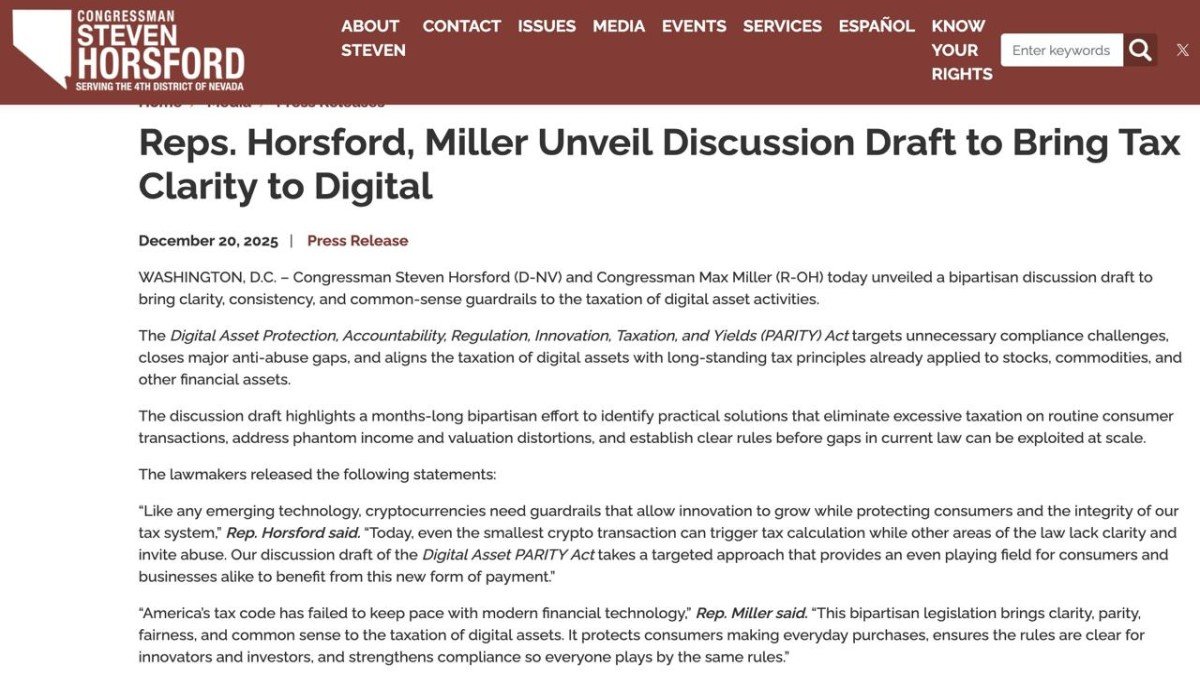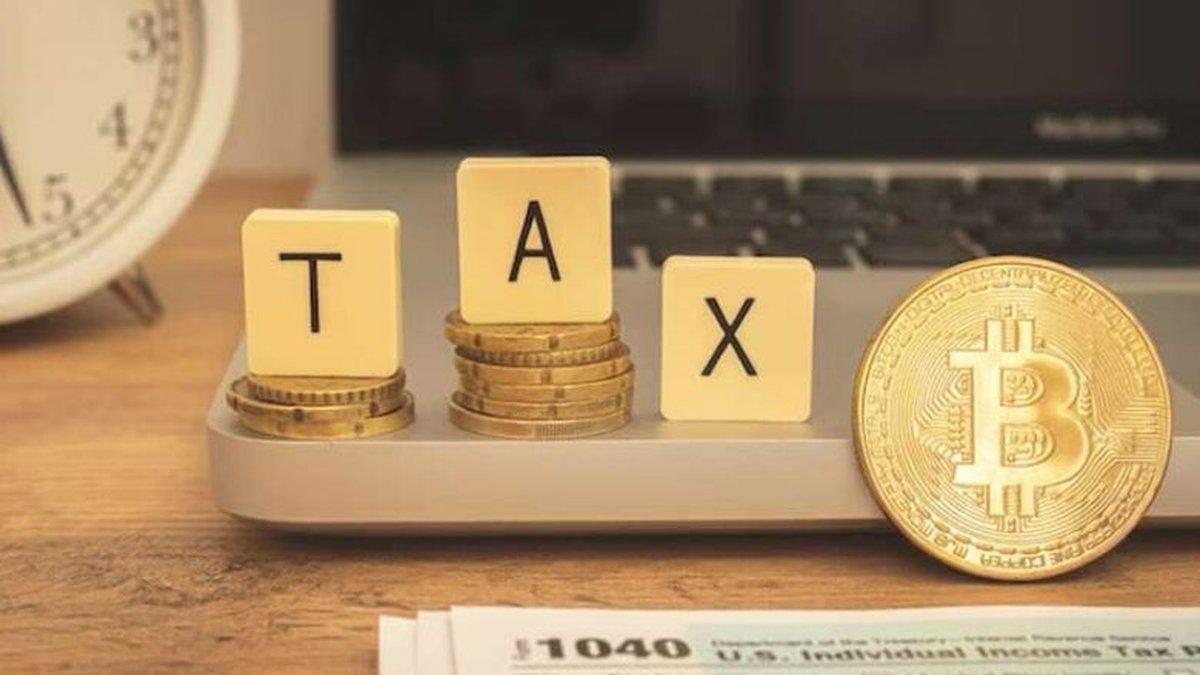International Taxation: Crypto in Different Jurisdictions
As cryptocurrencies become an integral part of global finance, governments around the world are racing to establish tax frameworks that align with their economic and regulatory objectives. The lack of a unified global approach has led to a patchwork of rules, making international crypto taxation a complex issue for investors, traders, and companies. Understanding how different jurisdictions classify and tax digital assets is essential for compliance and effective tax planning.
This article provides an in-depth examination of how major countries—including the United States, the United Kingdom, the European Union, Canada, Australia, Japan, and Singapore—approach crypto taxation. We will explore classifications, taxable events, reporting obligations, and strategic considerations for international investors.
How Governments Classify Cryptocurrency
At the heart of crypto taxation lies the question of classification. Each jurisdiction treats digital assets differently—some as property, others as currency, and others as commodities or financial instruments. This classification determines how taxes are assessed and reported.
- Property: The U.S., Canada, and Australia treat crypto as property. Every transaction (sale, trade, or use) can trigger capital gains or losses.
- Currency: Some European countries view crypto as a foreign currency for VAT or income purposes.
- Financial Asset: In Japan, crypto is recognized as an asset under the Payment Services Act, subject to capital gains tax.
- Exempt or Specially Treated: Certain jurisdictions like Portugal offer favorable treatment or exemptions for individual investors.
Tax Treatment in Major Jurisdictions
1. United States
The IRS classifies crypto as property. Every sale, exchange, or purchase triggers a taxable event. Capital gains taxes apply, with rates depending on holding period (short-term vs. long-term). Mining, staking, and airdrops are treated as income at fair market value upon receipt. U.S. taxpayers must also report foreign accounts holding crypto under FBAR and FATCA rules.
Key reporting forms include Form 8949 and Schedule D for capital gains, and Schedule 1 for income. The IRS has intensified enforcement, with the crypto question now appearing on the first page of tax returns.
2. United Kingdom
HM Revenue & Customs (HMRC) treats crypto as an asset. Individuals owe Capital Gains Tax (CGT) on disposals, including selling for fiat, trading for another token, or using crypto to buy goods. Income Tax applies to mining, staking, and airdrops if considered income. HMRC requires detailed record-keeping of all transactions, including date, value, and counterparties.
3. European Union
EU member states differ, but most align with capital gains treatment. The MiCA regulation (Markets in Crypto Assets) aims to harmonize rules, but taxation remains national. Germany exempts crypto held over one year from CGT, while France applies progressive tax rates. VAT exemptions generally apply to crypto exchanges following the 2015 ECJ Hedqvist ruling.
4. Canada
Canada Revenue Agency (CRA) treats crypto as commodity. Transactions are subject to capital gains or business income tax, depending on frequency and intent. Mining may be considered business income. Crypto used for purchases triggers capital gains events. Canadians must report all crypto dispositions, even peer-to-peer trades, and comply with anti-money laundering reporting obligations.
5. Australia
The Australian Taxation Office (ATO) views crypto as property. Capital gains tax applies to disposals, while income tax covers mining and staking rewards. However, personal use exemptions may apply if crypto is used for small everyday purchases. Detailed records are mandatory, and ATO uses exchange data for audits.
6. Japan
Japan imposes income tax on crypto gains, treating them as miscellaneous income. High-income individuals can face rates exceeding 45%. Frequent traders are taxed at progressive rates, and no capital gains distinction exists. Japan also requires exchanges to register and report under strict KYC/AML rules.
7. Singapore
Singapore offers one of the most favorable tax environments. There is no capital gains tax. However, businesses engaging in trading or crypto services may owe income tax. The Inland Revenue Authority of Singapore (IRAS) provides clear guidance, emphasizing substance over form. Individual investors often pay no tax on gains from investment activities.
Common Taxable Events
- Selling crypto for fiat currency
- Trading one crypto for another
- Using crypto to buy goods or services
- Receiving mining, staking, or airdrop rewards
- Receiving income in crypto (salaries or freelance payments)
Gifts, donations, and transfers between wallets may also trigger reporting, depending on jurisdiction.
Compliance and Reporting Challenges
Crypto investors face difficulties due to fragmented exchange data, decentralized wallets, and cross-border transactions. Governments are tightening rules through reporting frameworks like the OECD Crypto-Asset Reporting Framework (CARF) and updates to Common Reporting Standard (CRS). These aim to reduce evasion and ensure international tax transparency.
Strategies for Global Crypto Investors
1. Understand Local Rules
Before trading or relocating, study the tax laws of your home country and any destination. Some countries tax worldwide income; others use territorial systems.
2. Consider Residency and Domicile
Your tax obligations often depend on residency status. Strategic relocation to tax-friendly jurisdictions like Portugal, UAE, or Singapore can optimize after-tax returns.
3. Maintain Detailed Records
Use software like Koinly, CoinLedger, or Accointing to track trades, calculate gains, and produce localized reports. Include timestamps, cost basis, and exchange data.
4. Seek Professional Advice
International crypto taxation is complex. Engage cross-border tax specialists familiar with digital assets to ensure compliance and minimize risk.
Emerging Trends
Regulators worldwide are shifting toward greater transparency and automatic exchange of crypto-related information. The OECD’s CARF, set to take effect in coming years, will require exchanges to report user data globally, similar to how banks report under CRS.
Additionally, governments are exploring real-time tax collection, stablecoin-specific rules, and integration of DeFi reporting frameworks. As compliance costs rise, sophisticated planning becomes more essential.
Frequently Asked Questions
Do all countries tax crypto? Most do, but the approach varies. Some, like Singapore and Portugal, exempt capital gains; others, like Japan and the U.S., impose strict rules.
Can I move abroad to reduce my crypto taxes? Yes, but you must plan carefully. Many countries have exit tax rules or deem worldwide income taxable for residents.
Do I owe taxes if I don’t cash out? Possibly. In property-based systems, trading crypto for another token or using it for purchases is taxable, even without converting to fiat.
Are airdrops and staking rewards taxable? Usually yes, as ordinary income upon receipt. Later sales may also incur capital gains.
Conclusion
International crypto taxation is a complex, evolving landscape shaped by legal, economic, and political factors. Investors must stay proactive, track every transaction, and adapt to new rules like the OECD’s CARF. By understanding how different jurisdictions classify and tax crypto, you can build a compliant, efficient global investment strategy and avoid costly penalties.





